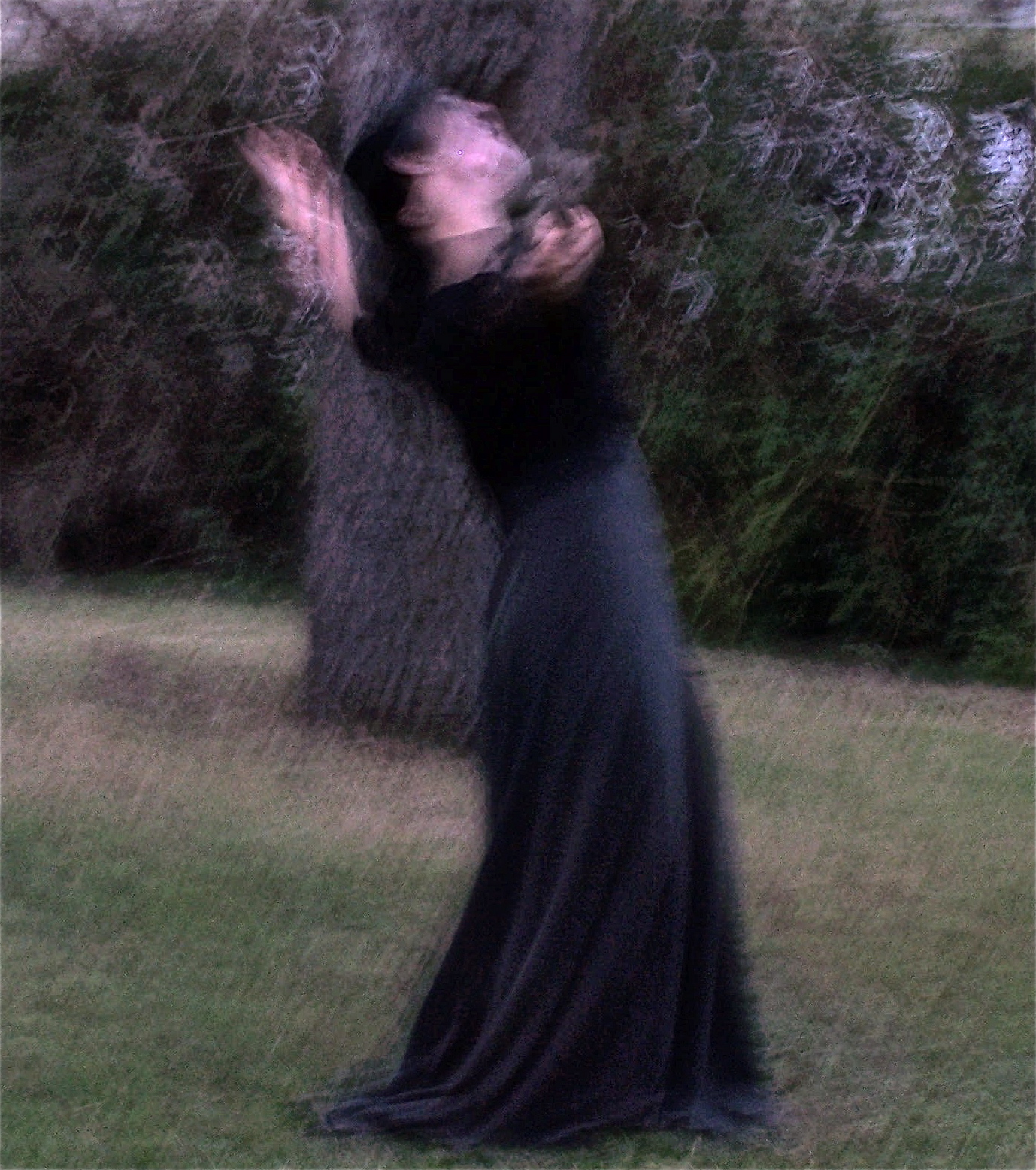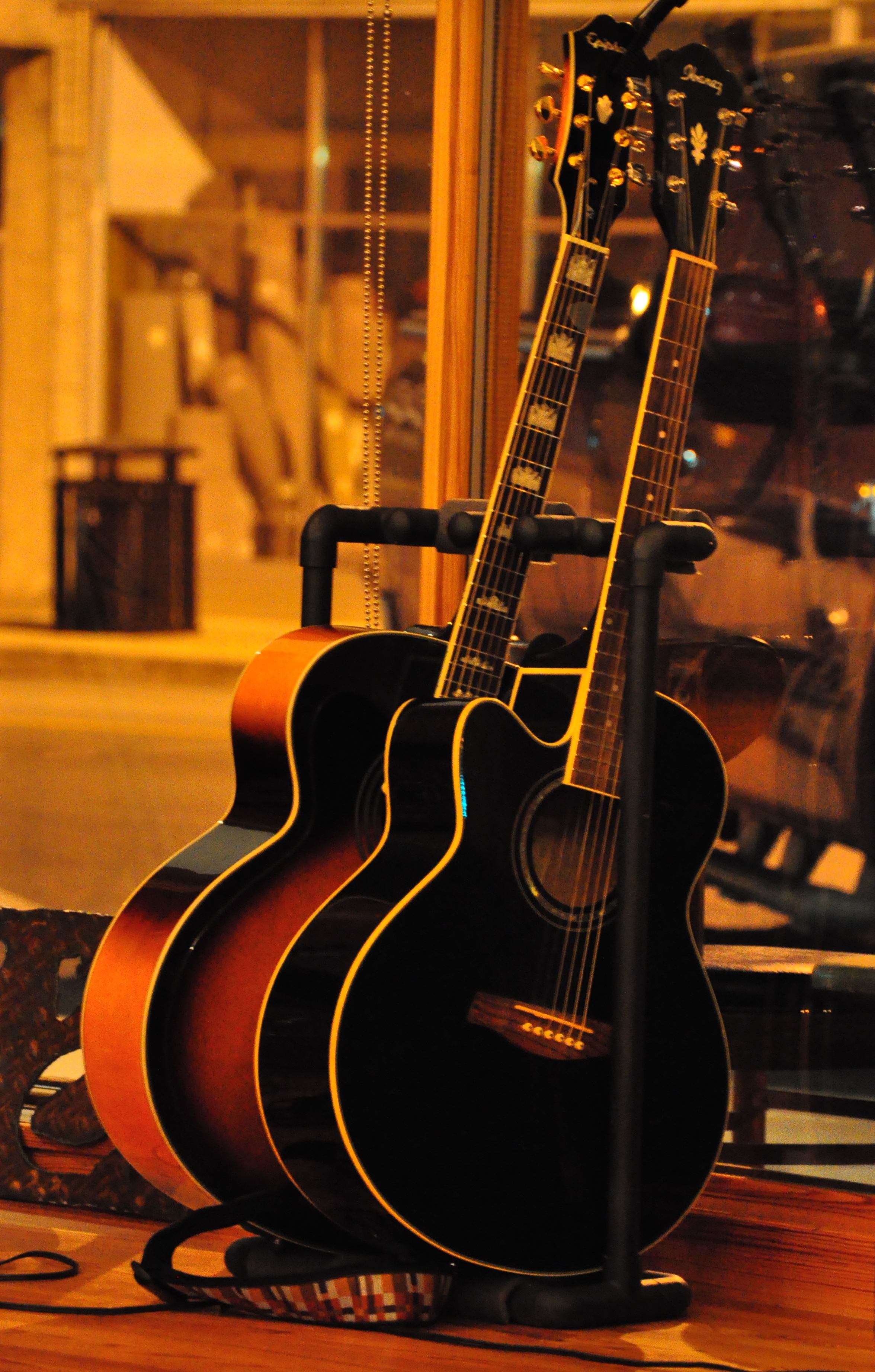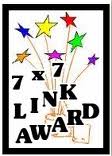A child’s death at any age leaves a gaping hole. Before birth or after. When your child is young or old. Their death separates you from all that is living. A painful gap between the world that was taken from you, and the flat, grey world in which you find yourself. We see your pain, but we don’t know what to do with it. It is palpable. We want to acknowledge your loss, and maybe even apologize for the relief we feel every time we look at our own child, knowing that our heart is still whole, while yours is not. So we walk with you, not because we know exactly how you feel, but because we don’t want you to be alone. We find a way, however awkward, to say we’re sorry that this is now your job…
How You Rise Each Day
 I wish
I wish
It were not
Yours to do.
But it is
Your pain,
And you have wrestled it
To the ground,
Rising again
And again
Until you found its heart
And forced it to join you
In celebration of him,
Your son,
John Michael.
It is a mystery to me
How you rise each day
To be reminded
That you are,
And he is not.
 Perhaps because you were
Perhaps because you were
His beginning,
And witness to his brief present,
Now you must become his future.
Walking where he cannot,
Breathing life into each
Precious dream
Until his footprints surround us
With all he would have been
Had he not gone so soon.

I wish
It was not
Yours to do.
But it is your grief,
And you have donned its
Black cloak of mourning
With courage,
Determined to dance again
In celebration of him,
Your son,
John Michael.

And dance you will.
Slowly,
At times halting,
Then with confidence
And joy,
Filling the world again
With color,
Vibrant,
Youthful
As you dance not your dance,
But his,
Your son,
John Michael.
© Paulann Condray Canty, 2011
“Death comes to our dances, and if we dance at all, it must be in her forbidding presence. But the wondrous conclusion is that we who must die, must dance, and that both are our destiny, and neither dying nor dancing is missing from the whole of life.” —-Calvin Miller
Thank you, Skip and Marsha, for living your journey of turning mourning into dancing before us. You give us hope that having come through the dark night, we too can return to the dance. Thank you for not hiding your pain from us. Thank you for letting us join you in celebrating your son’s life.
In Memory of
John Michael Gore
July 27, 1984 – October 11, 2009













